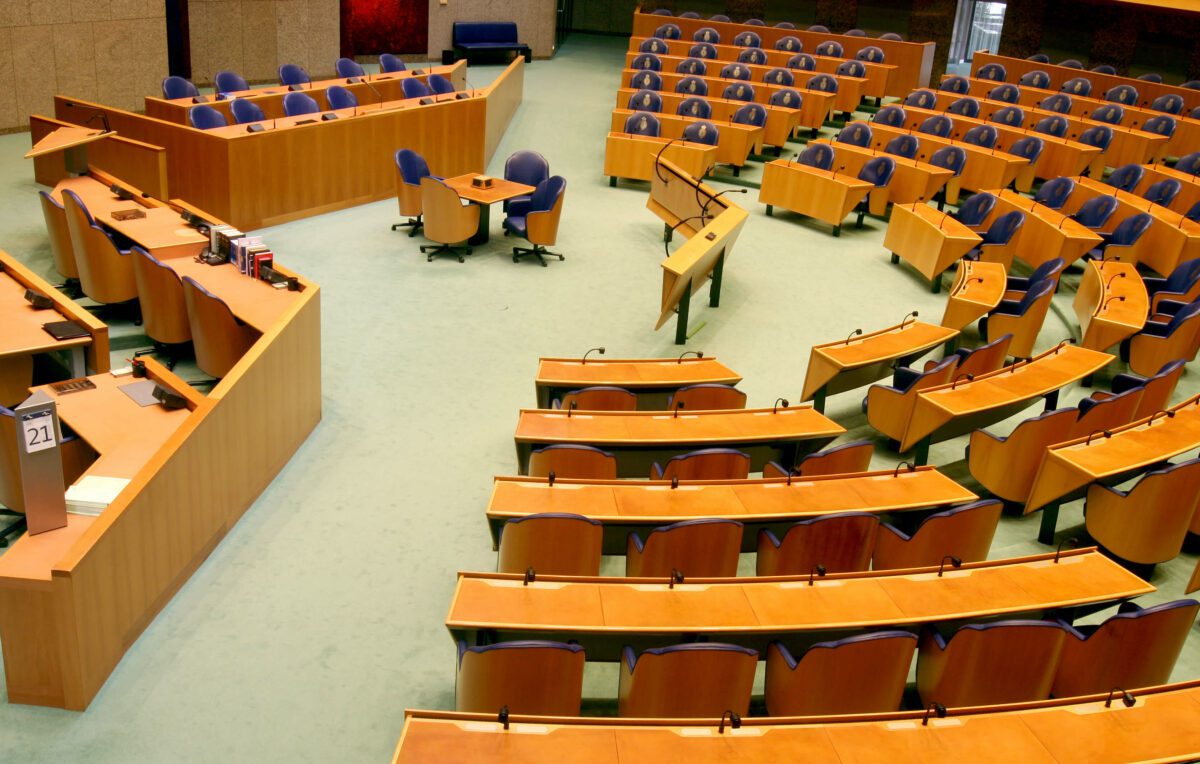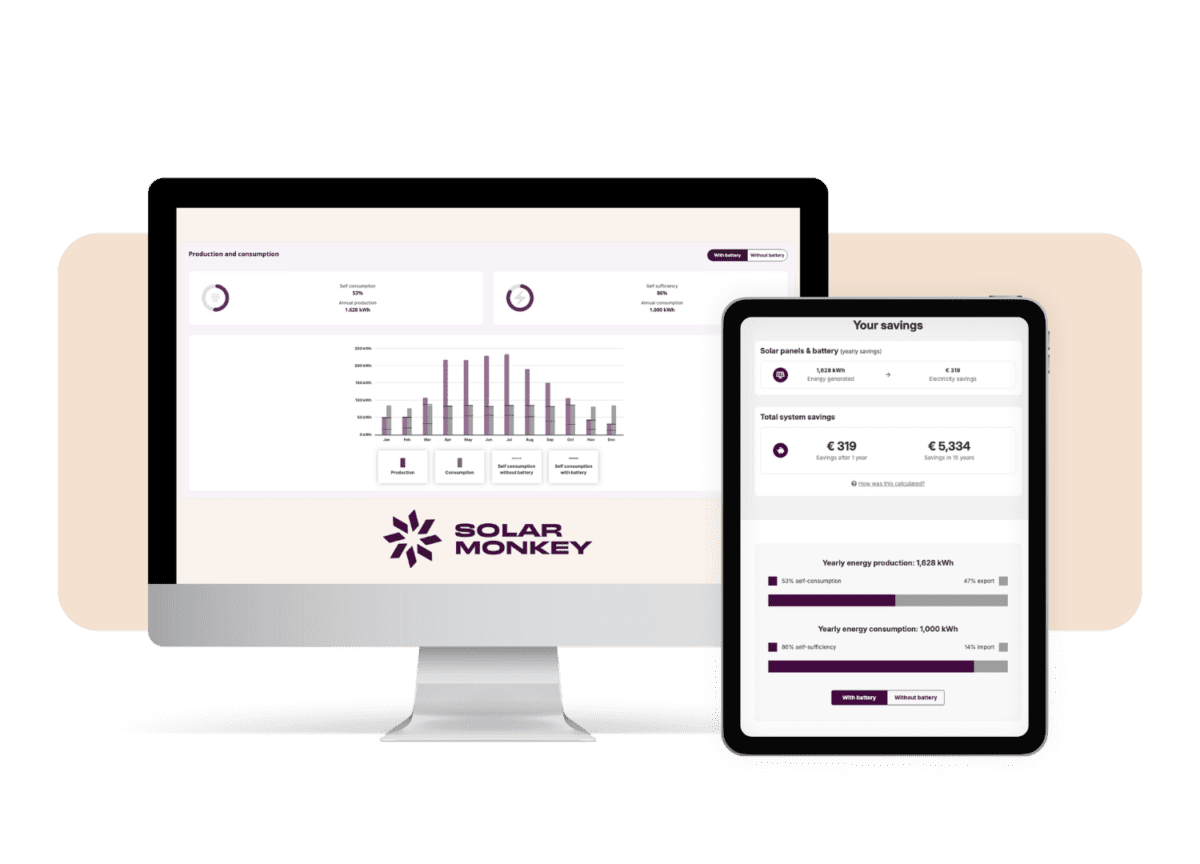New subsidy to accelerate climate-neutral economy at home.
Dutch Cabinet
In a groundbreaking move, the Dutch government is championing solar manufacturing with a proposed incentive scheme, ‘Investeringssubsidie maakindustrie klimaatneutrale economie’ (IMKE). Under this scheme, solar projects focusing on heterojunction, perovskite-silicon tandem modules, and building- or vehicle-integrated PV panels could receive a maximum allocation of €70 million per project.
Managed by the Rijksdienst voor Ondernemend Nederland (RVO), the IMKE initiative aims to boost the production of clean energy technologies by subsidising capital expenditures for manufacturing facilities. The proposed incentives for PV panels are specifically geared towards building-integrated (BIPV) and vehicle-integrated (VIPV) applications, as well as heterojunction and perovskite-silicon tandem panels.
Setting the stage for solar renaissance

This move aligns with a larger initiative to revitalise solar manufacturing in the Netherlands. Companies like MCPV, a spinoff of Resilient Group and SolarNL, are taking the lead. MCPV’s ambitious project involves establishing a solar cell and module factory in the country, with an initial capacity of 300 MW scaling up to 3 GW by 2026. The facility is set to employ heterojunction cell technology, boasting an impressive efficiency of up to 26.5%. Additionally, MCPV plans to manufacture tandem perovskite-silicon solar modules, pushing cell efficiencies beyond 30%.
Maximising impact with funding allocation
Under IMKE, solar manufacturing projects could benefit significantly, with the potential to secure up to €70 million in funding. This strategic allocation aims to stimulate innovation, drive sustainability, and propel the Netherlands into the forefront of the solar revolution.
Shaping a sustainable future
The Dutch government’s commitment to solar innovation underscores the pivotal role of solar energy in the broader context of the energy transition. By fostering collaboration between researchers, raw material suppliers, construction companies, and the automotive sector, the initiative aims to develop the next generation of solar panels fully circularly.

As the sun takes centre stage in the energy transition, the Netherlands is rallying stakeholders for a fully circular development of the next generation of solar panels. The IMKE program signals a pivotal moment in advancing solar technology domestically.
What are your thoughts on this groundbreaking initiative? Share your insights with us on social media!



